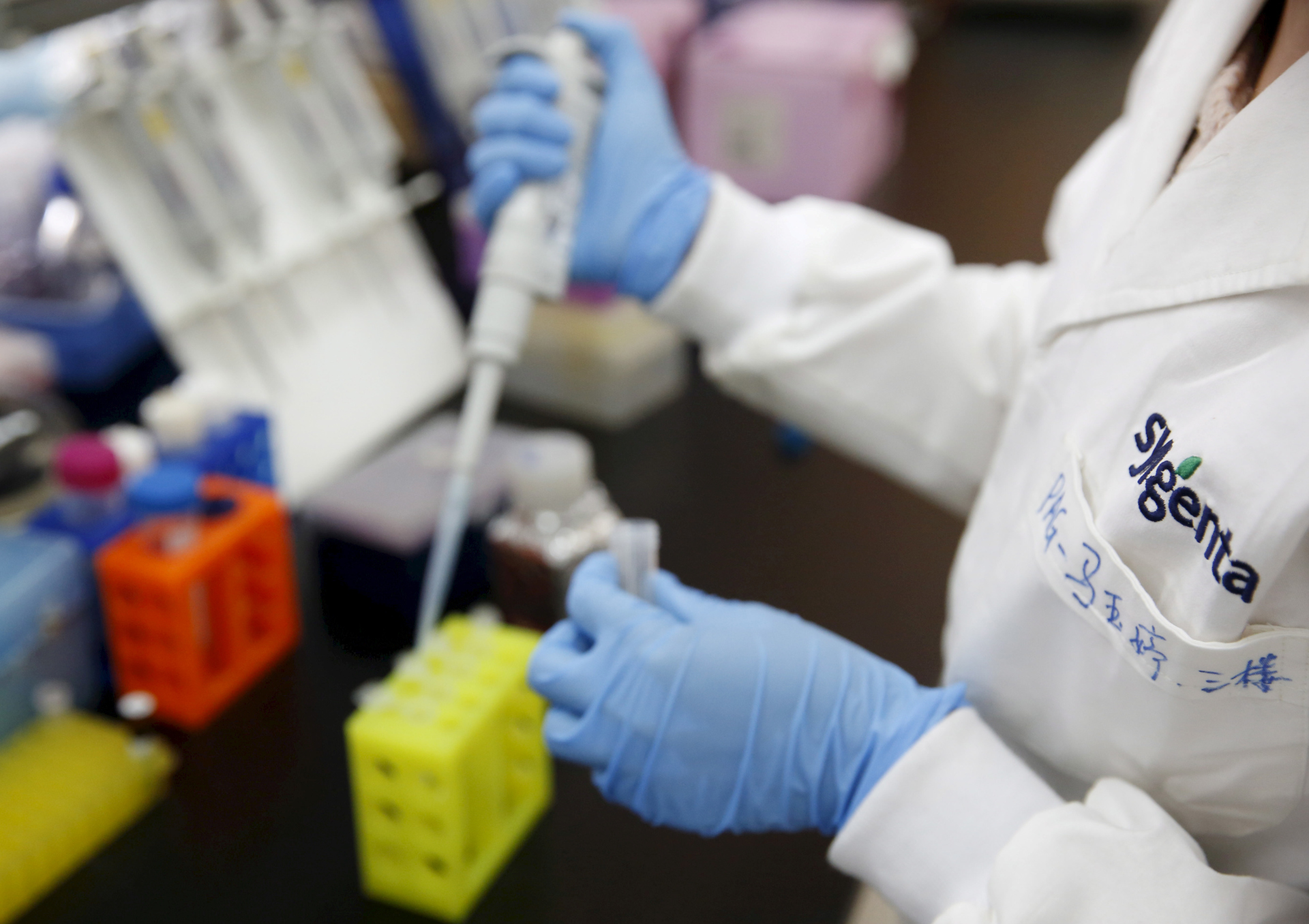China looks set to legalize GMO seeds and encourage agricultural technology
Beijing has a plan to “revitalize” rural communities that focuses on food security, including the use of smart agriculture and, possibly, GMO seeds, which are currently banned in most circumstances.

Today, the start of the first week after the Lunar New Year holiday in China, the Chinese Communist Party continued an 18-year tradition of making its first policy announcement of the year focused on agriculture and rural affairs. The document is commonly known as “Document No. 1,” and its full title this year could be translated as The Central Committee State Council Opinions for Comprehensively Advancing Rural Revitalization and Accelerating the Modernization of Agriculture and Rural Areas (link in Chinese).
“Rural revitalization” (xiāngcūn zhènxīng 乡村振兴) is the new buzzword, replacing the focus from recent years on poverty alleviation — see The China Project coverage from 2018 and 2019, for example.
- In 2020, Beijing declared the completion of the poverty alleviation campaign launched by Xí Jìnpíng 习近平 in 2012. This did not mean that poverty had been completely eliminated, but rather that the most extreme instances of specifically rural poverty had been ameliorated.
What you need to know about the 2021 Document No. 1:
- GMOs may soon be greenlit, according to comments by China’s agriculture minister, who said the country must “make a strong turn for the better in the seed industry.” This follows comments last month, when he likened seeds to “microchips.” (The Chinese government is currently hell-bent on achieving microchip independence.)
- A new National Administration of Rural Revitalization will be established, as announced by the CCP magazine Qiushi last week. The agency will be “headed by high-level officials who were previously with the office in charge of poverty alleviation.” The work of rural revitalization seems broadly defined, but includes tasks such as “improving seeds and soil management, as well as strengthening rural education and health care.”
- Controversial “village mergers” will be discouraged. Sixth Tone notes that the document says “village mergers will continue, but they will be standardized so they can only happen if the residents affected are on board.”
- Food security is a key concern in the new document. Per SCMP, the document “requires all provincial authorities across the country to maintain stable grain-planting acreage and to increase yields to improve the supply of wheat, corn, rice, cotton, edible oils, sugar and meat during the 14th five-year plan period that runs from 2021-25.”
- Tech companies have an opportunity to align with the government push by expanding fresh food production and delivery services. Per Bloomberg, “At a time when Chinese leaders are clamping down on monopolies in areas from fintech to ecommerce, smart agriculture is one sphere where the tech giants’ commercial interests are aligned with the national agenda.”
In our January Red Paper, we predicted that in 2021 China would legalize and invest in genetically modified crops / organisms (GMOs). GMOs and other agricultural innovations are likely coming to China, but they’ll all be home grown, with all IP held by Chinese entities.
See also:
- A Chinese province razes the countryside. Why? / The China Project
- China’s poorest counties are no longer officially in extreme poverty. What does this mean? / The China Project






